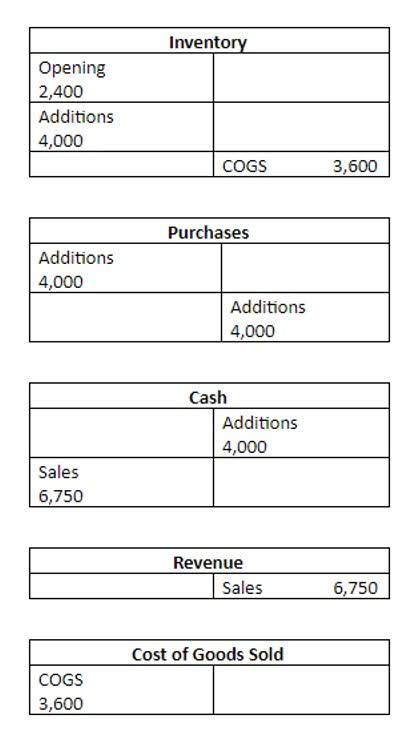
However, Sarah has several expenses related to the property, including property taxes, insurance, and maintenance costs. Each month, when she receives the rent from your tenant, she records it as rental income. She calculates her net income for the year by accounting for real estate transactions subtracting all the rental costs from the payment. She reports this net income on her financial statements to assess the property’s profitability and make informed decisions about the real estate investment. Real estate accounting can be complex due to the need for accurate tracking of income, expenses, tax compliance, and financial reporting.

Construction

Understanding and managing these cash flow patterns proves essential for maintaining adequate reserves and meeting financial obligations. Understanding the basics of real estate accounting is essential for property managers, investors, and professionals in the field. Key components include tracking rental income, expenses, depreciation, and tax implications. Yes, you can use a spreadsheet for real estate accounting, but it may not be the most efficient or accurate method, especially if you have multiple properties or transactions. A dedicated real estate accounting software can offer features such as automated data entry, transaction tracking, and tax preparation that can save you time and minimize errors.

Best Practices for Accounting in Real Estate: Managing Cash Flow, Income, and Expenses with a Real Estate Accountant

Real estate accounting can be challenging, but with time and effort invested into learning the fundamentals of accounting practices and organization, it can be easily mastered. Understanding these details can change how you manage or outsource your bookkeeping needs. Understanding the distinction between bookkeeping and accounting instills confidence and enables you to delegate responsibilities to other professionals in these critical areas. We understand that your real estate portfolio is more than just numbers on a spreadsheet. That’s why we go beyond mere data entry, becoming your trusted partner net sales in financial success. Reach out to us; we will be the financial support you never knew you needed.
- Mismanagement or errors in your financial data could lead to missed deductions or issues with the IRS.
- Accounting for real estate is crucial to maintaining financial statements and identifying growth potential.
- You might be reading this guide because you’re intent on doing the accounting yourself.
- Familiarize yourself with IRS Schedule E for relevant deductions and categories.
- Check out resources like the California Association of Realtors for California-specific updates.
Real estate accounting best practices.

In respect of transactions of real estate which are in substance similar to delivery of goods principles enunciated in Accounting Standard (AS) 9, Revenue Recognition, are applied. (a) Sale of plots of land (including long term sale type leases) without any development. Our enrolled agents are tax professionals who have demonstrated technical competence in the Cash Flow Management for Small Businesses field of taxation.They are authorized by the U.S. Department of the Treasury to represent taxpayers before all administrative levels of the Internal Revenue Service for audits, collections, and appeals. Capital gains or losses are realized when a property is sold for more or less than its recorded book value.
- You might be fantastic at closing deals and working with clients, but without proper financial management, you could be setting yourself up for headaches down the road.
- If all of the information about real estate accounting processes overwhelms you, don’t despair!
- Alongside her accounting practice, Sandra is a Money and Life Coach for women in business.
- Finally, user-friendliness can make a big difference in how efficiently you can manage your finances.
- It is a popular choice among real estate investors who manage large rental portfolios.
- In accounting, a debit increases the value of accounts (a positive number) while a credit decreases the value of accounts (a negative number).
- Real estate accounting provides an interesting career specialization for those intrigued by property management and person-to-person interaction.
- (a) Sale of plots of land (including long term sale type leases) without any development.
- Use accounting software to track income, expenses, and other financial activities to maintain precise records and facilitate easy audits.
- Regular updates and maintenance are necessary to keep the accounting software functioning optimally and to ensure compliance with regulations and industry standards.
If you’re wearing many hats, it’s easy to fall behind on your bookkeeping—especially given how many small costs and fees that are part of a single real estate transaction. Bookkeeping is the recording of all your company’s financial transactions (accountants rejoice, bookworms sigh). Accurate bookkeeping is the foundation of good real estate accounting (and it’s something you’ll want to uphold, unless you enjoy IRS audits).
